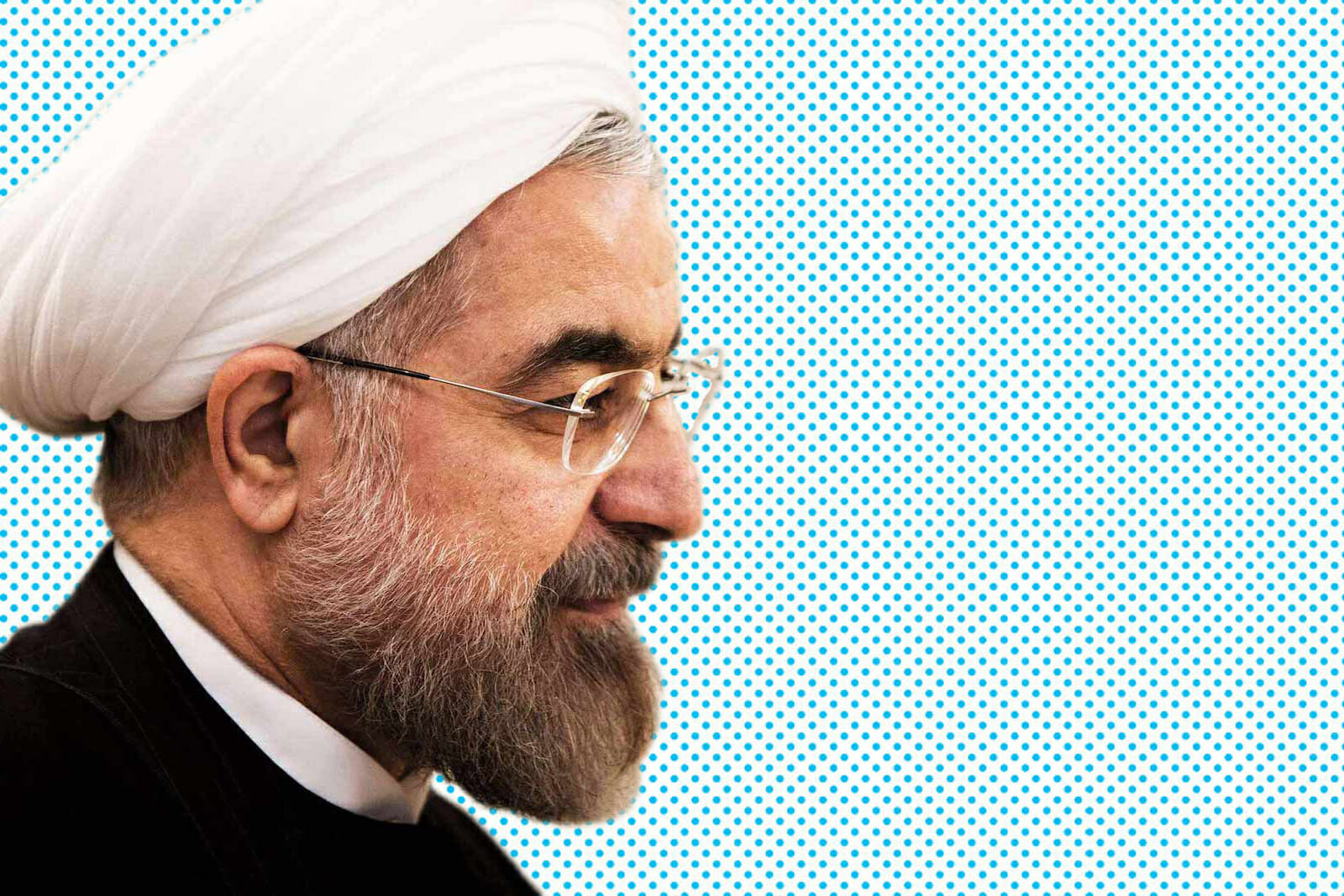
Punishing Iran only Escalates Tensions
Centrist Hassan Rouhani won Iran’s presidential election in June of this year running on a platform of “hope and prudence.” The new President framed his victory as a sharp departure from Ahmadinejad’s administration during his swearing-in ceremony by declaring that Iranians “have voted for moderation” as he condemned “extremism and ill tempers.” He made it clear that his foreign policy agenda “will try to establish mutual respect and confidence with other nations.” Referring to Iran’s nuclear program during a press conference on August 6th, President Rouhani said that “Provided that our national interests are met, we have no problems with negotiations with anyone with good intentions, including the US.”
Despite Rouhani’s call for mutual respect, the U.S. House of Representatives responded to his promise of reform with efforts to impose even harsher economic sanctions on Tehran. In a 400-20 landslide vote, the House passed H.R. 850 the Nuclear Iran Prevention Act of 2013. According to Representative Elliot Engel, one of the two congressmen who introduced the bill, H.R. 850 “will cut Iran’s oil exports by another million barrels a day, a reduction of two-thirds from Iran’s current exports.”
A more disturbing part of the bill allows the U.S. Secretary of State to designate the Iran Revolutionary Guard Corp as a Foreign Terrorist Organization. If the bill becomes law, it allows the U.S. to designate a sector of a sovereign government an FTO – a dangerous development that may serve to either authorize or justify military action.
Some members of Congress are even calling for pre-emptive military action. Senator Lindsey Graham (R-SC) promised to introduce a resolution authorizing war with Iran if the new Iranian President maintains the status quo.
Speaking at a conference organized by the group, Christians United for Israel, Graham said, “If nothing changes in Iran, come September, October, I will present a resolution that will authorize the use of military force to prevent Iran from developing a nuclear bomb.” He continued, “The only way to convince Iran to halt their nuclear program is to make it clear that we will take it out.”
While there are doubts concerning the new Iranian President and his intentions as a reformist leader, harsher economic sanctions and threats of invasion will only serve to escalate tensions between Iran and the U.S. While it is unknown as to whether the new President takes seriously his promises of reform, the only option for a more peaceful relationship is for the U.S. to welcome President Rouhani’s overtures when he expressed the desire to “enter negotiations which are serious and substantive.” On the other hand, we do know that imposing more sanctions will only further isolate Iran, especially after President Rouhani suggested during a press conference, “If you want [the] right response from Iran it should not be through language of sanctions, it should be through language of respect.”
In reality, sanctions have never been an effective foreign policy tool. Testifying before the Senate Armed Services Committee, Marine General James Mattis said that “Severe sanctions against Iran are not working.” If they did, they would have had some persuasive effect on Iran since the U.S. first started imposed them during the Islamic revolution of 1979.
However, sanctions are always felt more by the people living under the leadership than the leaders themselves. They starve and injure thousands while providing the regime with more ammunition to incite enmity towards America. Instead, Iran is more likely to cooperate if they are promised some relief from economic sanctions. A far worse policy option is an attack on Iran or even the promise to do it. As the pursuit of nuclear weapons stems from feelings of national insecurity, it would be counterproductive for the U.S. to respond militarily as such aggression only confirms the need for a strong self-defense. Instead, U.S. diplomacy should persuade Iran that they are safer without nuclear arms than they would be with them.
The threat of sanctions and invasion only jettison the real chance of meaningful dialogue between Washington and Tehran, and fortunately, President Obama is taking a different approach. According to the White House “The United States remains ready to engage the Iranian government directly in order to reach a diplomatic solution that will fully address the international community’s concerns about Iran’s nuclear program.” In fact, the White House’s statement matches President Rouhani’s language of “moderation and prudence” which serves to maintain an open dialogue for the first time in over three decades.
In general, Congress’ aggressive moves to punish Iran’s new reformist leadership only exacerbate tensions between the U.S. and Iran. Rather, the U.S. should take care to foster Rouhani’s vision of ‘moderation and prudence’ by matching it with its own.

